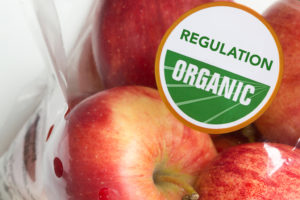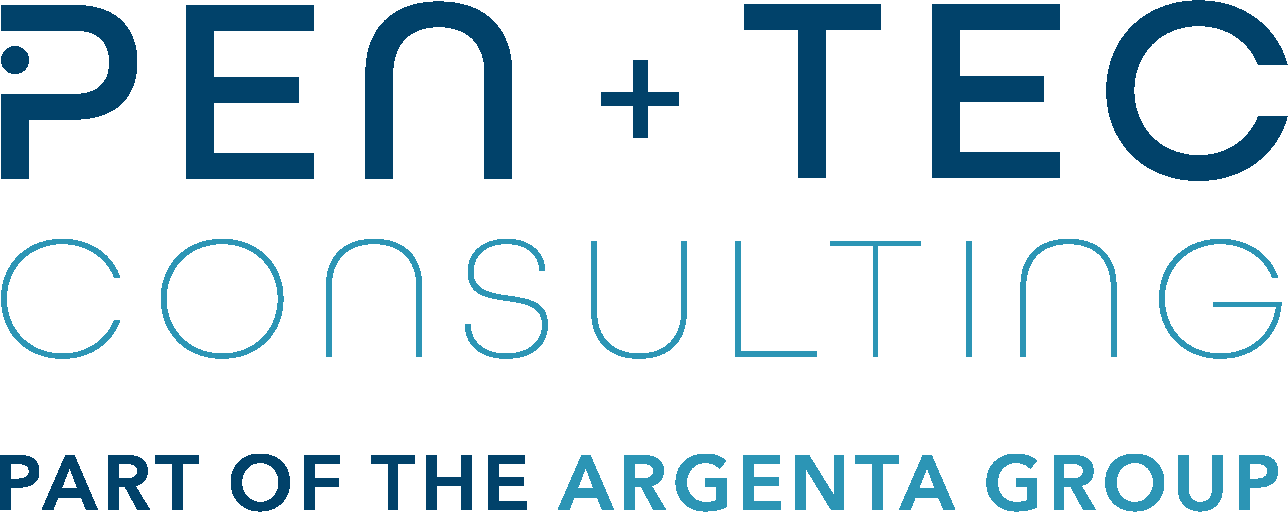The new EU organic regulation is coming – are you ready?!
Posted 20 August, 2020
What is the new organic regulation?
Organic Regulation 834/2007 will be repealed and replaced by Regulation 2018/848 on organic production and labelling of organic compounds. This Regulation aims to harmonize the rules related to organic marketing within the EU and between third countries. The same rules will apply to all organic operators and products. Changes come as a result of a rapidly advancing organic sector alongside an increased popularity and demand in organic products and farming. Ensuring fair competition for farmers and attention to the protection of the environment were also driving forces behind this new Regulation.

What are the main changes?
Production rules
Regulation 2018/848 aims to harmonize the organic rules with one mode of action being the phasing out of some exceptions and derogations made on many levels under the former Regulation 834/2007. The use of “demarcated beds” out of soil, for example, will only be allowed to continue for the next 10 years in countries like Sweden and Denmark where this practice has been authorised. Some derogations such as the substitution of organic substances by non-organic ingredients due to limited stocks will be permitted with certain conditions (e.g. limited time and regular assessment) and if there is a proper justification for not using an organic ingredient. Regulation 2018/848 will apply to a wider range of products such as salt, cork, beeswax, maté, vine leaves and palm hearts and the same rules will be applicable to all organic operators and products.
Compliance recognition for non-EU countries
Currently, the EU has a list of countries that are recognized as being equivalent in terms of organic production. Such countries, which include the US, Canada and Japan, have controls and organically produce to standards that are considered equivalent to the EU rules and regulations. This principle of equivalence will be replaced with the new Regulation and organic producers in third countries will have to comply to the same rules as those set within the EU. This allows for the assurance that all organic products available in the EU are of the same quality and fairness for producers. Countries which, at the moment, are seen as equivalent with the EU will have to renegotiate the terms of their trade agreement by 31 December 2025 – when this current recognition expires.
Group certification and changes in controls
Under Regulation 2018/848, farmers or operators with activities within geographical proximity to each other can form groups that will be entitled to group certification, making it easier for them to join the organic scheme. Currently, group certification is only allowed for small producers in developing countries outside the EU as per the Organization for Economic Co-operation and Development (OECD). This facilitates farmers and producers in these areas to access international markets and benefit from reduced inspection and certification costs. At the moment in the EU, each small producer must be certified separately. However, under the new Regulation, group certification will be allowed everywhere within the EU.
All operators and groups of operators will be subject to a verification of compliance including a physical on-the-spot at least once a year under the new rules except where compliance has been shown by operators for at least three consecutive years or where operators are able to demonstrate a low likelihood of non-compliance. Verification of compliance will occur at every stage of production, preparation and distribution.
When does in enter into force?
Regulation 2018/848 is now in force and set to apply from 1 January 2021. Some members of the European Parliament and organic operators wish to delay the application of this Regulation by one year to deal with effects and challenges caused by COVID-19 and allow for a proper consultation. The delay of the entry into force of the new Regulation may permit a smoother transition period. However, it has not been officially approved.
Regulation 834/2007 shall continue to apply for applications submitted by third countries. Products produced in accordance with the previous organic Regulation before 1 January 2021 may be placed on the market until stocks are exhausted.
What does it mean for industry (Food & feed)?
A new organic Regulation promising the harmonization of rules will provide a better clarification of organic production to all operators. A new single set of rules applicable to all farmers in and outside the EU replacing the many current different standards will ensure a fair play for all farmers and operators and that all organic food marketed in the EU is of the same, high quality. A simplification of certain production rules could see boost in the organic industry with more and smaller operators being able to access the international market under group certification.
If you are unsure if your product complies with the new regulation, please feel free to contact Pen & Tec at info@pentec-consuling.eu.
References:
- Regulation (EU) 2018/848 of the European Parliament and of the Council of 30 May 2018 on organic production and labelling of organic products and repealing Council Regulation (EC) No 834/2007
- Council Regulation (EC) No 834/2007 of 28 June 2007 on organic production and labelling of organic products and repealing Regulation (EEC) No 2092/91
- https://ec.europa.eu/commission/presscorner/detail/en/MEMO_17_4686
- https://ec.europa.eu/info/food-farming-fisheries/farming/organic-farming/future-organics_en
By Caroline Idowu, Regulatory Affairs Associate
Pen & Tec Consulting
